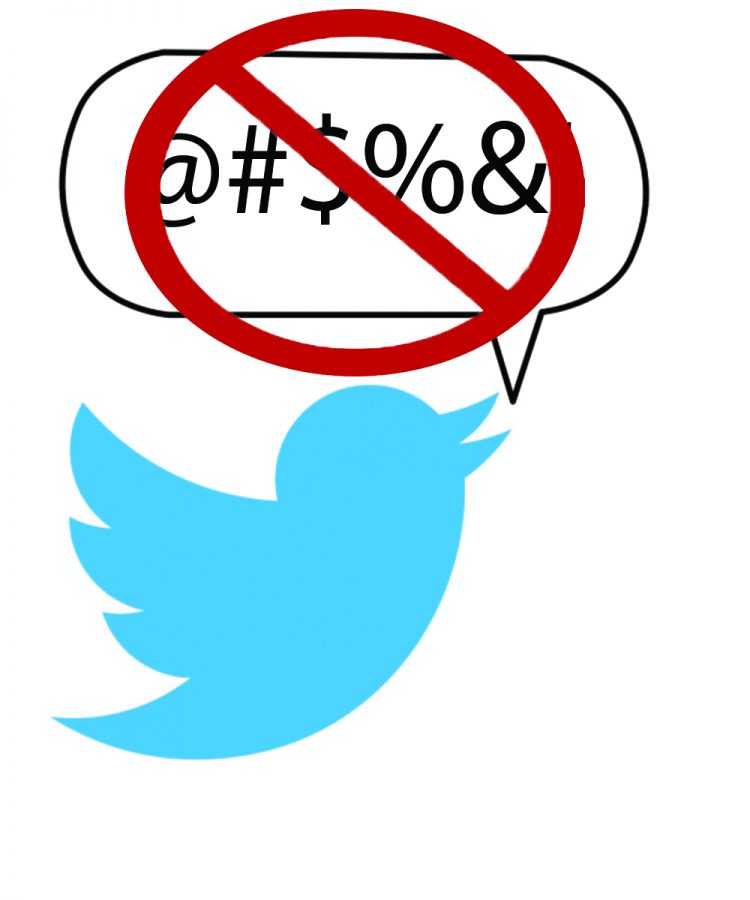Freedom of speech on social media
One of the biggest appeals of social media for many people is the ability to say whatever you want, whenever you want. However as good as this seems, it can quickly reach an extreme, and companies feel they have a responsibility to regulate it.
One big recent spark was provided by Alex Jones. He is an infamous conspiracy theorist who has long floated patently false claims that child-sex rings run by prominent public figures (like Robert Mueller and Hillary Clinton) are operating right under our noses, and that the Sandy Hook shooting was a hoax staged by gun-control activists. In August of 2018, social media companies decided they had had enough.
YouTube took down Jones’ channel, which had 2.4 million subscribers, saying it violated the firm’s policy on hate speech, and Apple dropped some of Jones’ InfoWars podcasts from its app for the same reason. Facebook removed some of his pages, saying they were “glorifying violence” and using “dehumanizing language to describe people who are transgender, Muslims and immigrants.” Twitter eventually suspended Jones and InfoWars as well, for what it called repeated violations of its policy against abusive behavior.
Jones cried censorship. Now, social media companies are caught between a rock and a hard place. They want to create a pleasant environment for users, while also upholding the American value of free speech.
In 1996, in the case Reno vs ACLU, a unanimous Supreme Court decision extended the First Amendment to written, visual and spoken expression posted on the Internet. But this also extends to the limits on free speech as well, which include fighting words and speech advocating illegal activity. Social media companies try their best to regulate this, but the massive amount of users they have to oversee is challenging.
The main problem with this is if there are extreme viewpoints that are not caught by companies. The setup of social media can create an echo chamber and can disillusion those caught in the middle of it because of the algorithms that promote engaging content, in a feedback loop that, link by link, guides new audiences to toxic ideas. Many radicalists who commit serious crimes were later found out to have a presence on social media linking to many hateful and violent ideas.
True freedom of speech is not possible, nor should it be when such radical ideas are spread on social media. Social media companies should try their best to respect freedom of speech whenever possible, while also realizing their responsibility to prevent hateful and violent speech as well.

Senior Luke Elkins is in his 3rd year in the A-Blast. He has previously been a staff writer and sports editor. He plays varsity soccer and plays...






